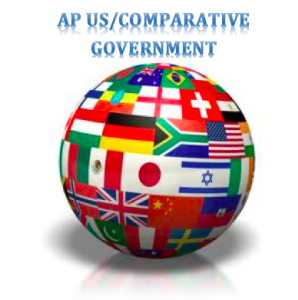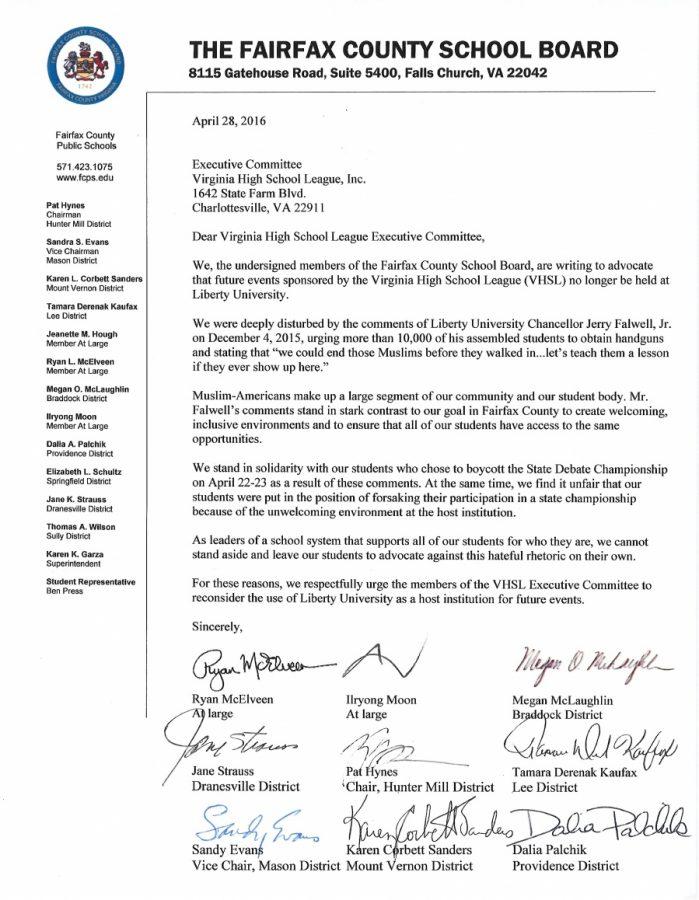It is that time of the year again! McLean is signing up for next year’s classes and many prospective seniors are deciding whether to take AP US Government or AP US/Comparative Government.

When I first looked at both course descriptions, AP Comparative intrigued me. Learning about the governmental systems of countries such as China and Nigeria while comparing them to the US sounded exciting. It seemed like the ideal course to take. Therefore, I was sure that it would be an extremely popular module. However, when I started talking to currently enrolled students, many were shocked at the workload this class had. Senior Jennifer Horowitz, who is currently taking the class, finds it difficult to keep up with all of the reading. “We have 6 different textbooks and have to learn about the governments of 6 different countries, and the US. It’s really tough,” she said. Here is my question: Why is this difficult course that in some schools can be taken as two separate classes, only worth one single one-point boost? Working twice as hard for one class should be rewarded twice as much! Senior Amy Weinstock thinks similarly. “We take 2 AP exams at the end of the year, so it should be worth 2 AP classes. It’s that simple.”

Horowitz has the same views. “It is twice the amount of work than other AP courses and I think more work than AP US Government,” she said. AP US Government is the equivalent to a one-semester college level course. It looks at the United States governmental system and prepares students for the US Government AP Exam at the end of the year. AP US/Comparative Government is a two-semester college class. While some high schools divide the courses and offer them separately, McLean compresses them into a single module. At the end of the year students taking this class must take two exams: the same US Government exam as the one for AP US Government students as well as the Comparative Government exam. AP US/Comparative students need to prepare for two tests, while getting the same one point boost. How is this fair? Because of this, a very small amount of students are enrolling in this module. This year, not more than 35 students have taken on the challenge of AP US/Comparative. My hypothesis is this: if students got more credit, for instance a 1.5 boost for this class that compresses two modules, more would take the course. This would be beneficial, because more of McLean would learn about governmental systems in different continents. “Viewing the world as a whole is a lot more interesting than only focusing on US policy. [It] really puts things into perspective”, senior Ruth Sangree, who is currently taking the class, said. McLean High School wants to produce well-rounded individuals who increase their perspective on life. This class offers exactly that and if it were worth more than the regular AP US Government class, more graduates could leave McLean with a three-dimensional view of the world.







